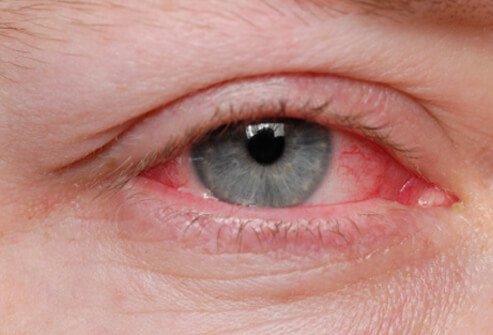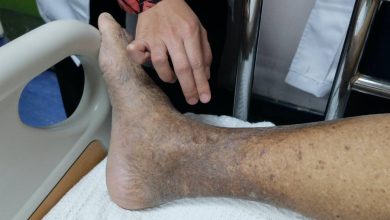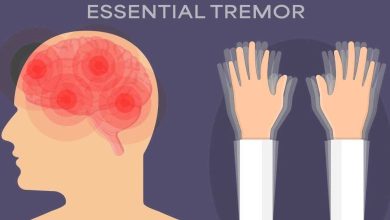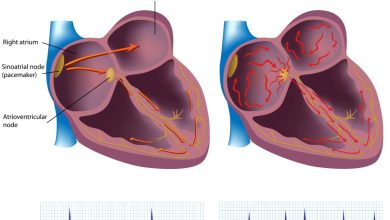Fungal Eye Infection Causes, Symptoms, Diagnosis and Treatment

What is Fungal Eye Infection?
Fungal Eye Infections are extremely rare, but they can be very serious. The most common way for someone to develop a fungal eye infection is as a result of an eye injury, particularly if the injury was caused by plant material such as a stick or a thorn. Inflammation or infection of the cornea (the clear, front layer of the eye) is known as keratitis, and inflammation or infection in the interior of the eye is called endophthalmitis. Many different types of fungi can cause eye infections.
Causes of Fungal Eye Infection
Fungus includes things like yeast, mild, and mildew. A fungus can live in air, in soil, on plants, and in water. Some live on or in the human body. Fungus cannot usually infect a healthy cornea. However, anything that causes a break or scratch in the cornea can lead to a fungal infection, such as:
- Getting scratched in your eye with a fingernail, comb, or twig
- Getting splinters or dirt in your eye
- Not cleaning contact lenses properly or sleeping in your contacts
A fungal infection of the cornea is more likely if you have conditions that can weaken your cornea or weaken your ability to fight off infection, such as:
- Using steroid eye drops
- Eye surgery
- Rheumatoid arthritis or other problems with the immune system
Symptoms of Fungal Eye Infection
The symptoms of a fungal eye infection are similar to the symptoms of other types of eye infections (such as those caused by bacteria) and can include:
- Eye pain
- Eye redness
- Blurred vision
- Sensitivity to light
- Excessive tearing
- Eye discharge
Diagnosis of Fungal Eye Infection
The diagnosis of Fungal Eye Infection are as follows:
- An exam using a microscope with a light attached, called a slit lamp, to look closely at the front and back of your eye
- An exam using drops to enlarge, or dilate, your pupils and a light to look into the back of your eyes
- Biopsy, which is the removal of a tiny sample of tissue from the cornea for testing to find the cause of the infection
- An ultrasound, which uses sound waves to show pictures of the back of your eye
Treatment of Fungal Eye Infection
The treatment for a Fungal Eye Infection depends on:
- The type of fungus
- The severity of the infection, and
- The parts of the eye that are affected
Possible forms of treatment for fungal eye infections include:
- Antifungal eye drops
- Antifungal medication given as a pill or through a vein
- Antifungal medication injected directly into the eye
- Eye surgery
Antifungal medication
- Natamycin
- Amphotericin B
- Fluconazole
- Voriconazole
Related Articles:
5 Foods for the Eyesight and Eye Health
Eye Floaters Causes, Symptoms, Diagnosis and Treatment
Vitamin C – Using Oranges May Cure Eyesight
Eyestrain Causes, Symptoms, Diagnosis and Treatment
Pink Eye (conjunctivitis) Causes, Symptoms, Diagnosis and Treatment
Rapid Eye Movement Sleep Symptoms, Causes, Diagnosis and Treatment
Eye Melanoma Symptoms, Causes, Diagnosis and Treatment
Eye Bags Symptoms, Causes, Diagnosis and Treatment
Dry Eyes Symptoms, Causes, Diagnosis and Treatment
Trachoma Causes, Symptoms, Diagnosis and Treatment
Natural Remedies for Retinal Vein Occlusion to Help Relieve Itchy Eyes
By : Natural Health News




